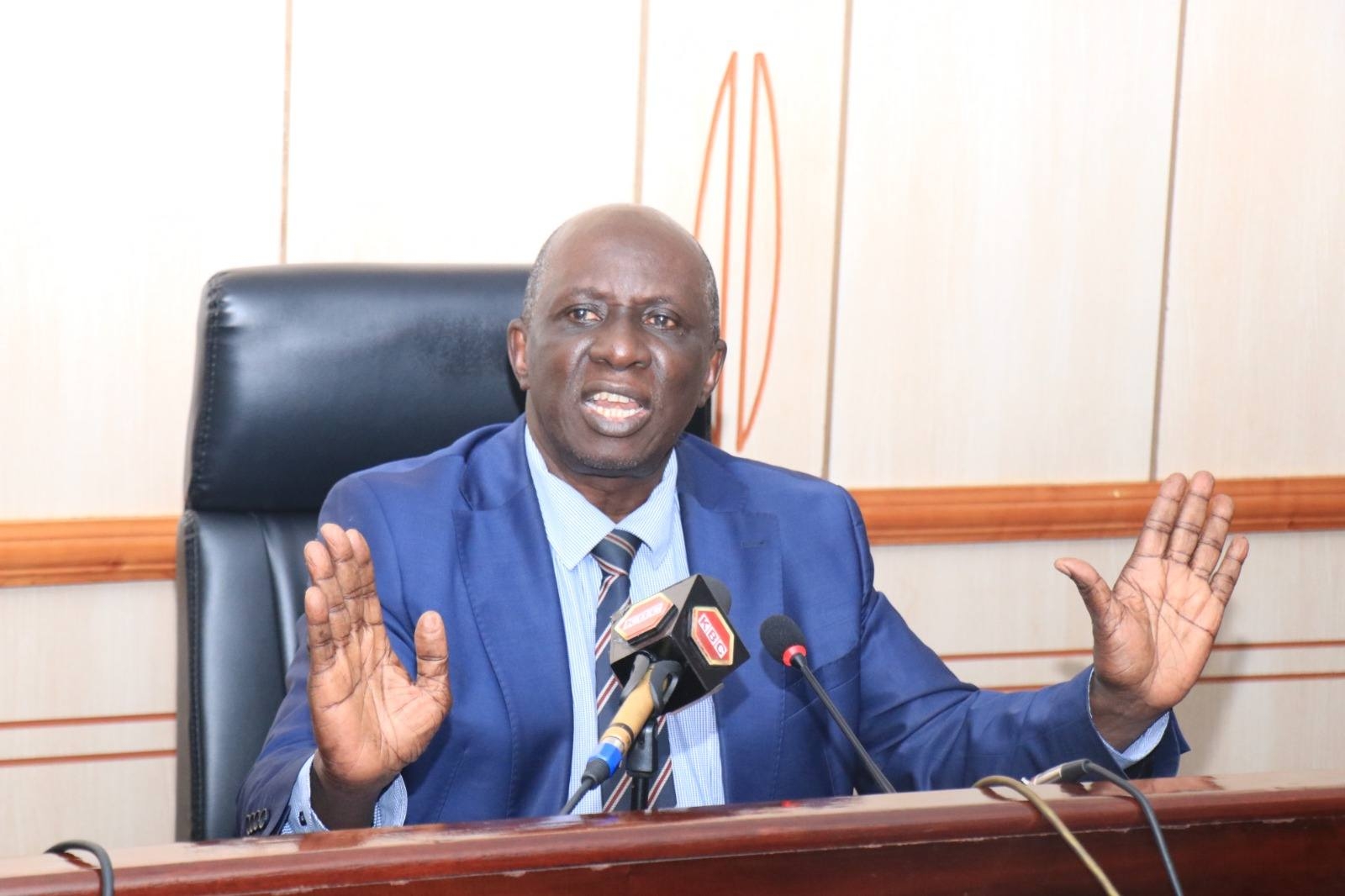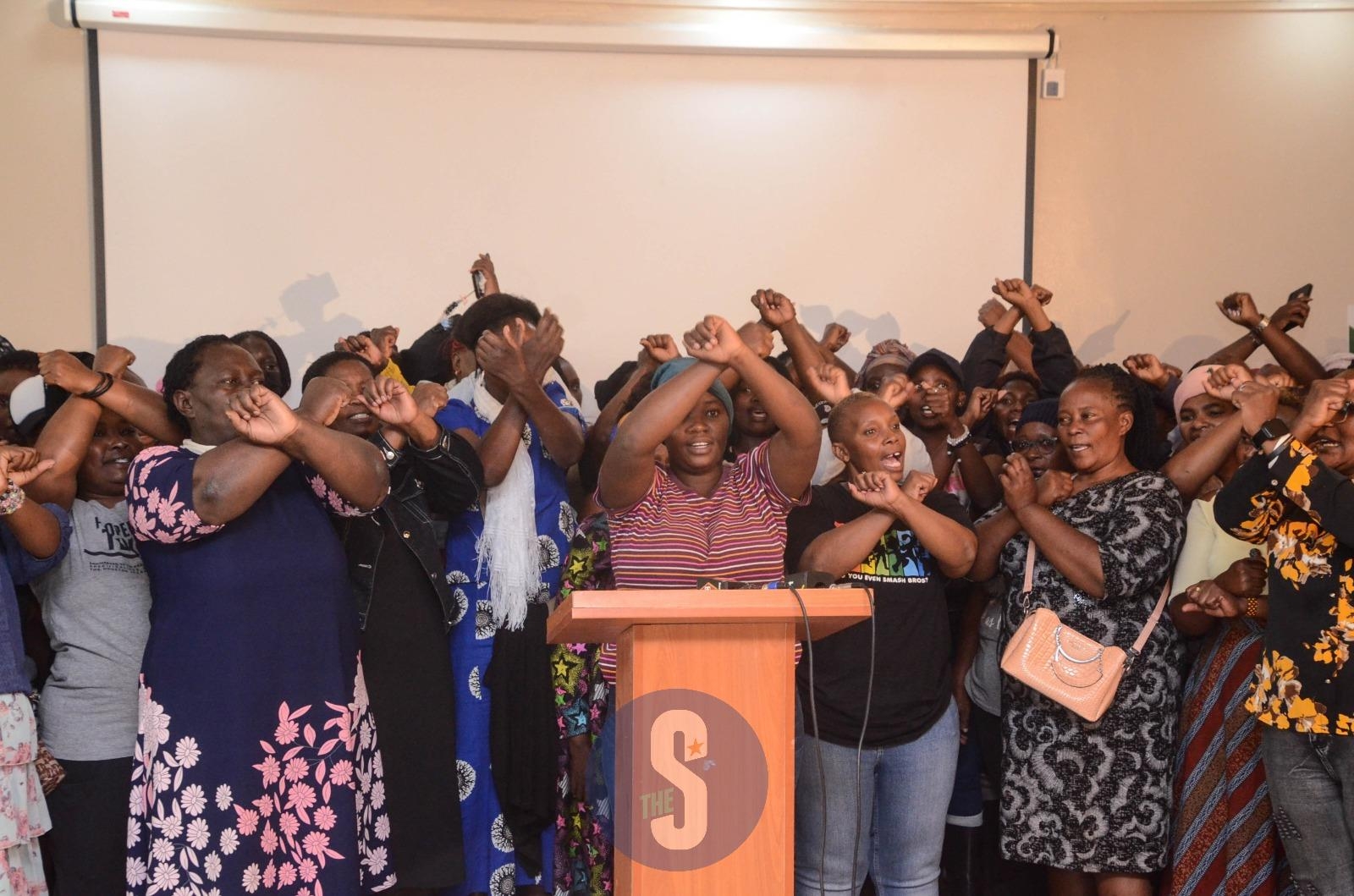Mining sector players now want the government to review minerals listed as strategic saying the move, among other measures put in place, have locked out artisanal miners.
Led by the Kenya Chamber of Mines (KCM) and Artisanal and Small-scale Miners of Kenya, industry players said process was rushed and executed with little regard to Mining Act 2016 and Mining Regulations 2017.
“Declaring some minerals as strategic requires revisiting,” KCM chairman Patrick Kanyoro told the Star.
The two entities have since asked President William Ruto to intervene and help streamline the sector, amid the change of leadership at the Mining and Blue Economy Ministry, which is now being led by CS Hassan Joho.
“The reality is that since October 2023, hundreds of thousands of rural livelihoods have been driven to the edge and cannot do business that touches on the minerals tagged as strategic,” Kanyoro said.
There is need for dialogue between the state and artisanal miners to ensure they are not locked out of the sector.
Last year, former Mining CS Salim Mvurya (now Investments, Trade and Industry CS) declared Cobalt, Copper, Lithium, Niobium, Coltan, Tantalum, Tin, Tsavorite, Nickel, Graphite, Chromite, Thorium and Uranium and other rare earths, as strategic minerals.
This, as the government moved to partially lift a licensing moratorium that had been in place since 2019, to allow mapping of mineral deposits across the country.
“Mineral movement within Kenya needs to be liberalised to support and promote trade and value addition in-country,” Kanyoro said.
Investors are also concerned over what they term challenges in getting the necessary approvals from the ministry, amid discrimination in the issuance of permits.
According to the chamber, which represents the interests of artisanal, small, medium and large miners, explorers, prospectors, dealers, processors, service providers and professionals in Kenya, the sector’s performance has been dropping on the back of reduced activities by investors.
Artisanal miners also lack a business friendly regulatory framework to operate, the lobby said.
Total value of mineral produced in the country declined by 4.3 per cent from Sh35.2 billion in 2022, to Sh33.7 billion in 2023, the Economic Survey 2024 indicates, as the industry contributes a paltry one per cent to the economy despite its huge potential.
According to experts, the sector has potential to contribute between four per cent and 10 per cent to the GDP, if the right investment climate and regulations are put in place.
In what is seen as an attempt to fully maximise benefits from the sector, CS Joho has said the government is working towards curbing illegal mining and and smuggling of minerals.
He said the State is ready to take all measures to safeguard the country's minerals through a major crackdown, including having mining officers at all border points to prevent the illegal export of resources.
“Smuggling of our minerals is an economic crime which will hurt the future generation,” Joho said.














